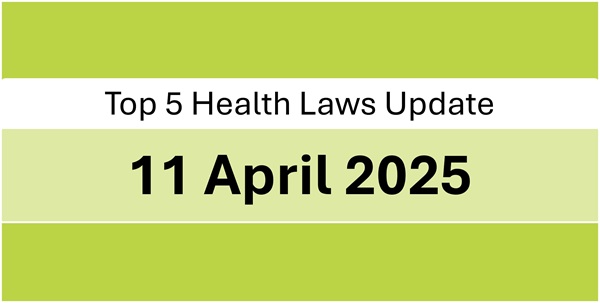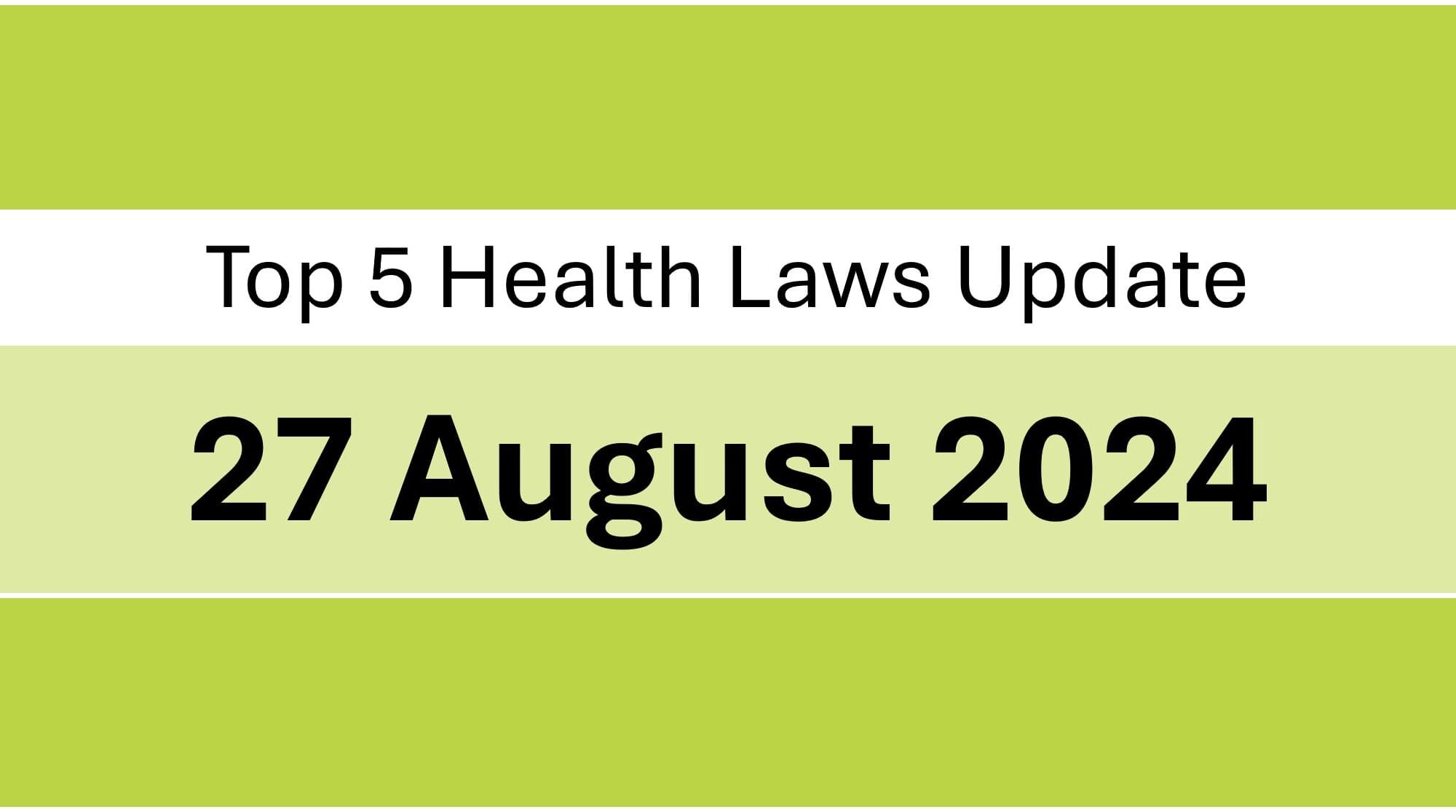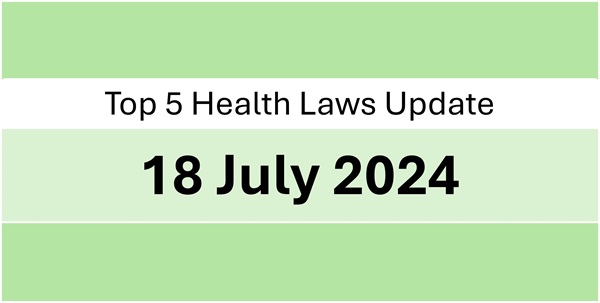Dear Readers, we are happy to share the most interesting legal and policy updates concerning health industry that we read today. we hope you enjoy reading it.
1. The Supreme Court of India has given Central government three months to enforce new food labelling rules which require Front-of-Pack-Warning Labels (FoPWL) for Packaged foods containing high level of sugar, salt, and saturated fat content, along with their recommended daily intake (RDA), in bold and prominent font on the front of packaging.
Source: bit.ly/3Eigy3s
2. Gujarat Food and Drug Control Administration has reportedly found fake QR codes on a top pharma brand’s medicine. Over 900 strips were seized in this counterfeit drug racket. A full-scale investigation, raids, forensic checks, and officer training are underway to trace sources and stop illegal supply chains.
Source: bit.ly/4lsuJna
3. A survey across 303 Indian districts reportedly reveals that most side effects among medicines are caused by antibiotics. One in two people reported side effects from allopathy or AYUSH medicines. Experts warn that misuse of antibiotics without prescriptions is rising antimicrobial resistance, posing serious public health concerns
Source: bit.ly/3YsVr5f
4. India’s Gujarat Food and Drug Control Administration (FDCA) has launched India’s first mobile app for licensing allopathic, cosmetic, and Ayurvedic products, issuing over 900 licenses online. The FDCA-mDMLA mobile app boosts efficiency, transparency, and ease of doing business allowing real-time access and digital services.
Source: bit.ly/4i9yvz6
5. China has reportedly approved an amendment to General Requirements for Labels and Instructions of Disinfection Products, which mandates clearer warnings, font size requirements, and restrictions on misleading branding to enhance safety, transparency, and compliance in the disinfection product industry. The amendment is effective from May 1, 2025.
Source: bit.ly/3Ehsx1f



